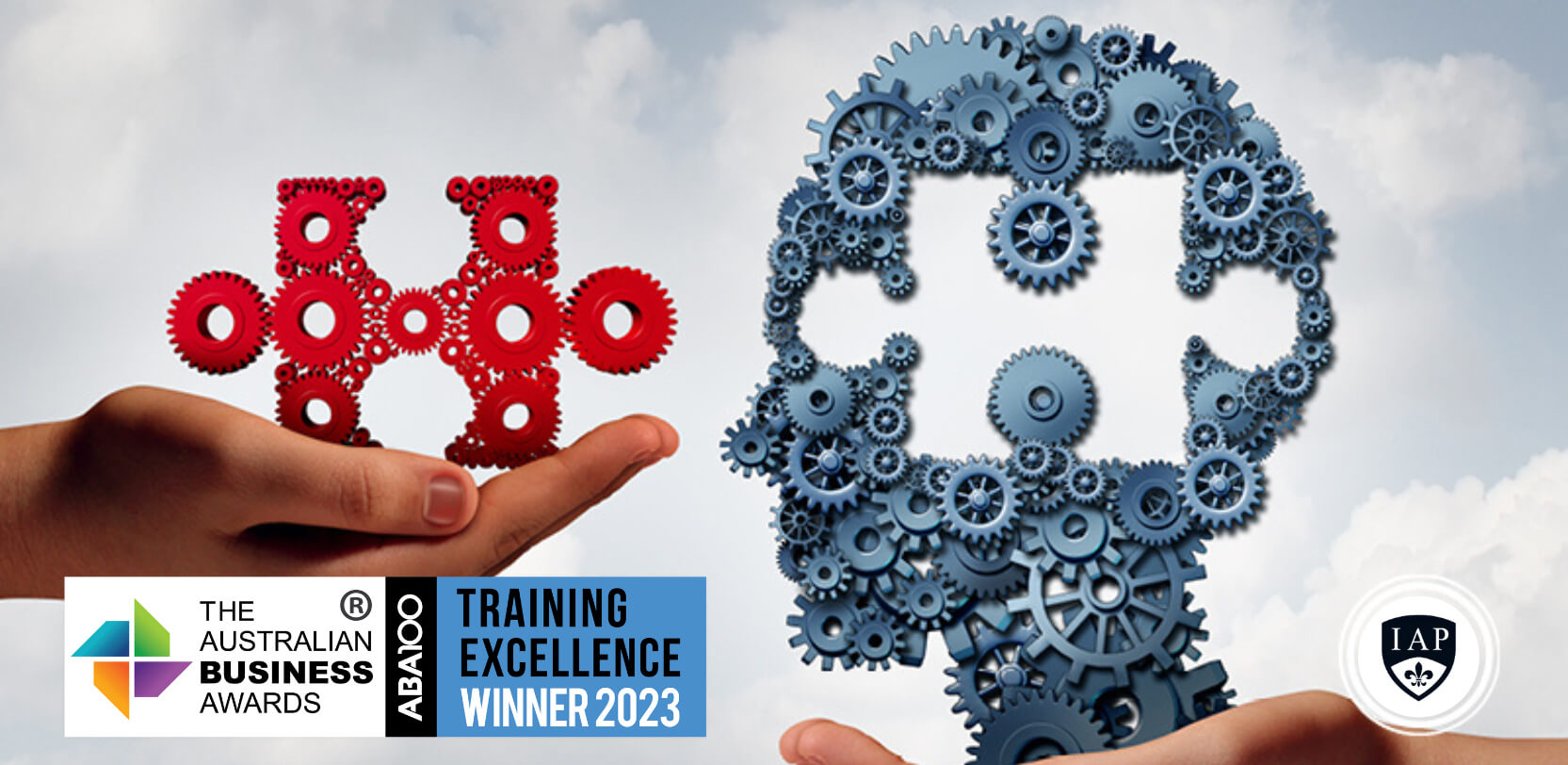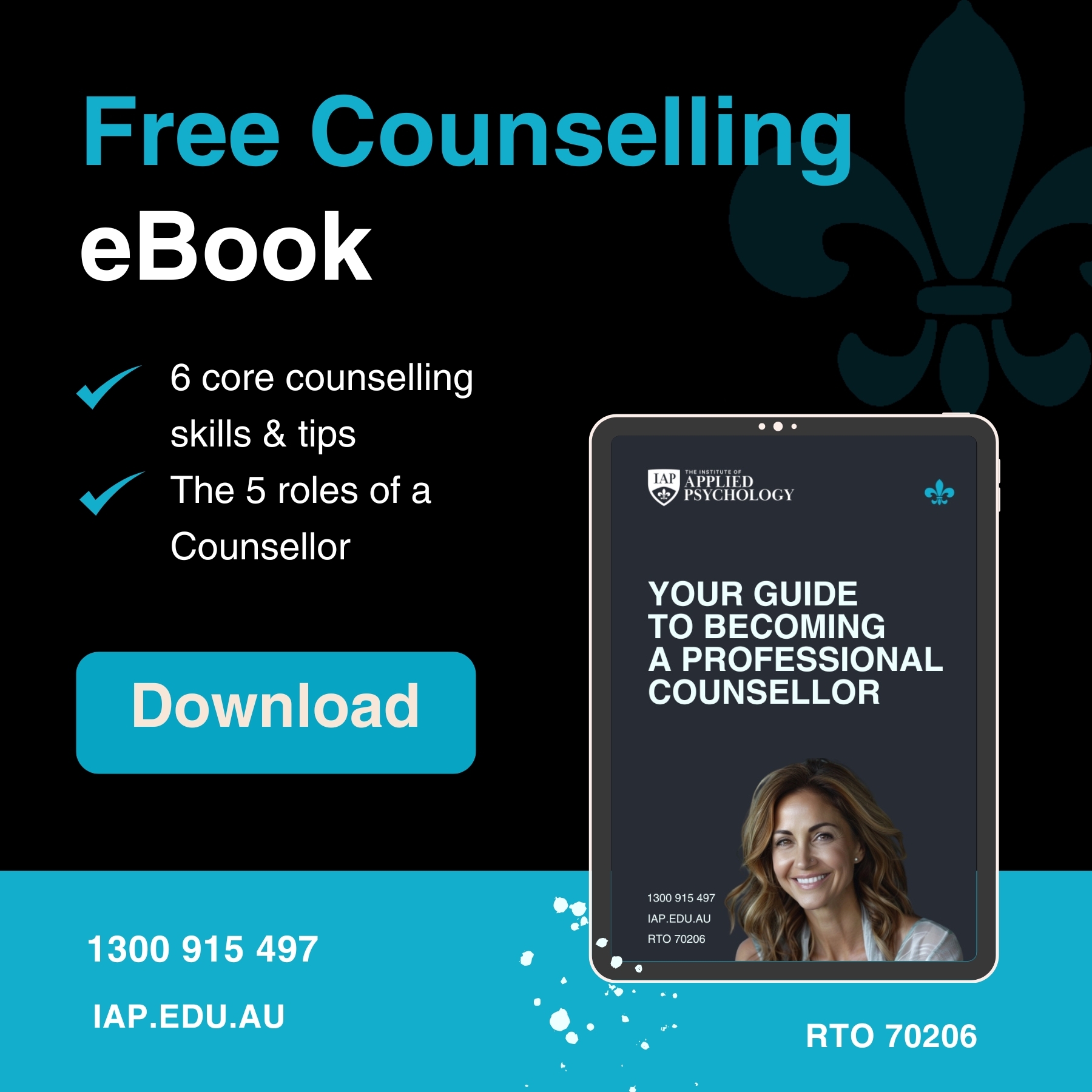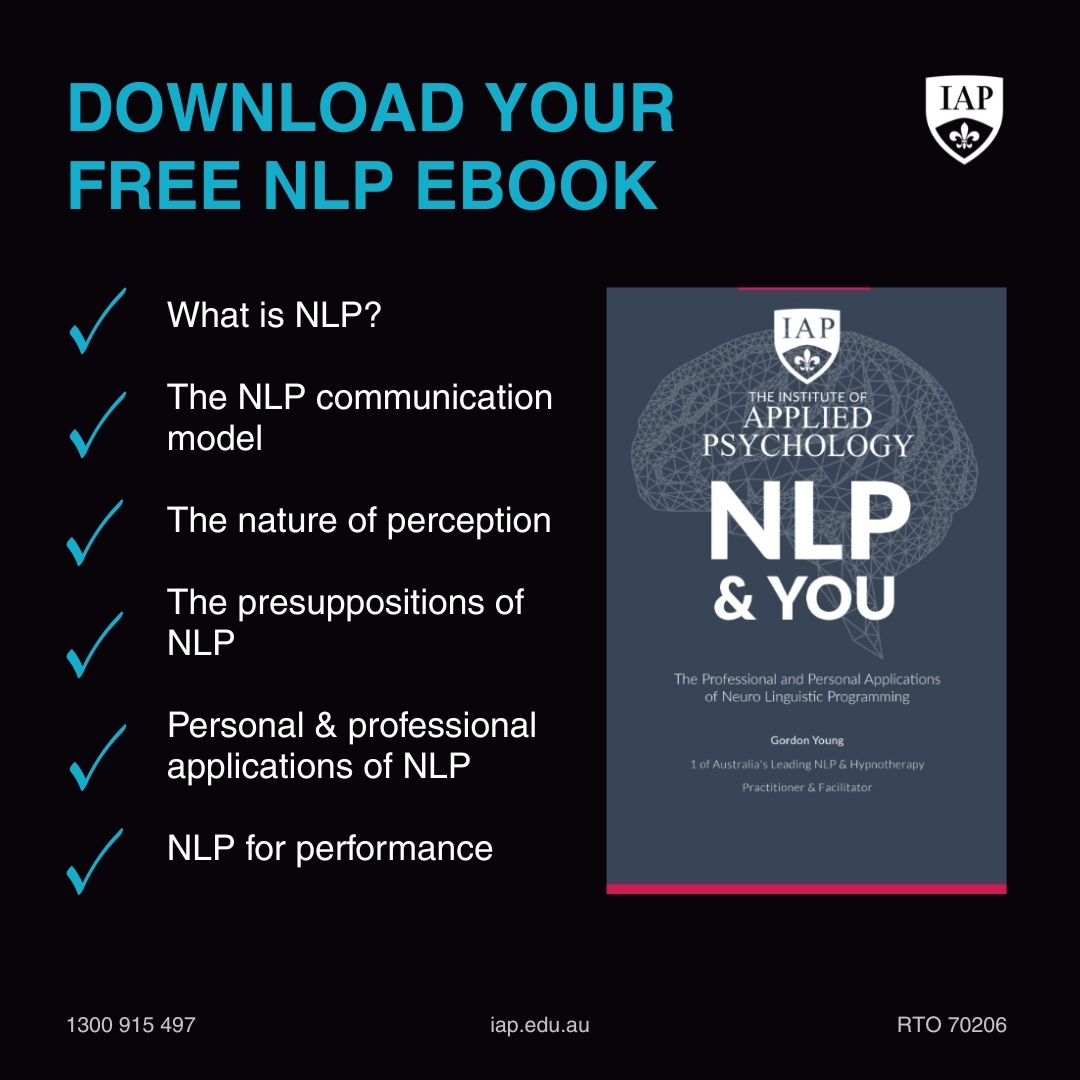Learn 5 key components to your emotions
Emotions and feelings are traits we all share as humans and we can be triggered at various times in life. Psychologists and Counsellors believe that feelings or emotions can be placed into five main categories:
- Anger
- Fear
- Sadness
- Disgust
- Enjoyment
Psychologists also say that any emotion can be a mental response to events, circumstances, people, or our own thoughts and memories. They course through our conscious and unconscious beings at all times, whether at critical junctures or during seemingly inconsequential moments of our lives.
Biologists, on the other hand, tell us that any emotion is rooted in self-preservation, triggering physiological reactions that enable us to find food, escape danger, and reproduce. Author Daniel Goleman pointed out in his work, Emotional Intelligence that …all emotions are, in essence, impulses to act, the instant plans for handling life that evolution has instilled in us.
Emotions have also evolved into facial expressions and body language so that each member of the group can signal his or her wants and needs to other members. As John D. Mayer, a leading expert in the study of emotions has remarked: “Emotions convey information…about relationships.”*
Any emotional state can be so powerful that it can even make us sick. It can also be a means to gain healing. Emotions are relayed to the immune system through the autonomic nervous system. When people experience anxiety, depression and other painful emotions, the immune system can be affected and may cause risk for a whole host of illnesses. In the same way, having a healthy emotional outlook in life can boost resistance to disease.
Mayer has emphasised that people can reason with any emotion in the same way they reason with cognitive information. It can be said that a person can actually solve emotional problems just as mathematicians solve math problems, Mayer said. However, he also acknowledged that some emotions, such as grief and anger, can be harder to reason effectively with than others. Oftentimes, identifying the exact emotion at play can be extremely difficult for some people.
Not many experts agree that human beings are born with a full range of emotions. Instead, they theorise that people were born with instincts and urges, along with an innate capacity for feeling. As people grow older, they acquire personalities and nurture relationships with others, thus, helping these instincts and urges develop into full-fledged emotions.
This online tool helps demonstrate the breakdown of how emotions can be processed in the human brain.
As a Counsellor, you learn how to become aware of the five key components that emotional health consists of, which include:
- You learn how to support clients on how they can be aware of their emotions and explain how emotionally healthy people are in touch with their emotions.
- You help clients to process feelings. They will be counselled through how after connecting with their emotions, they can express them in a healthy manner.
- You’ll help clients be sensitive to other people and empathise.
- You’ll help clients to become self-empowered. Emotionally healthy people honour their state of emotion, which empowers them to fulfil their goals.
- You’ll support clients in maintaining healthy relationships by using emotional intelligence to help create and maintain a strong functioning relationship.
Click here if you would like to learn how to become a Counsellor and help people through emotions and a range of life moments.
It could be the most rewarding career option that you take.
* Mayer, J., Salovey, P., Caruso, D., & Cherkasskiy, L. (2011). Emotional Intelligence. In R. Sternberg & S. Kaufman (Eds.), The Cambridge Handbook of Intelligence (Cambridge Handbooks in Psychology, pp. 528-549). Cambridge: Cambridge University Press. doi:10.1017/CBO9780511977244.027








